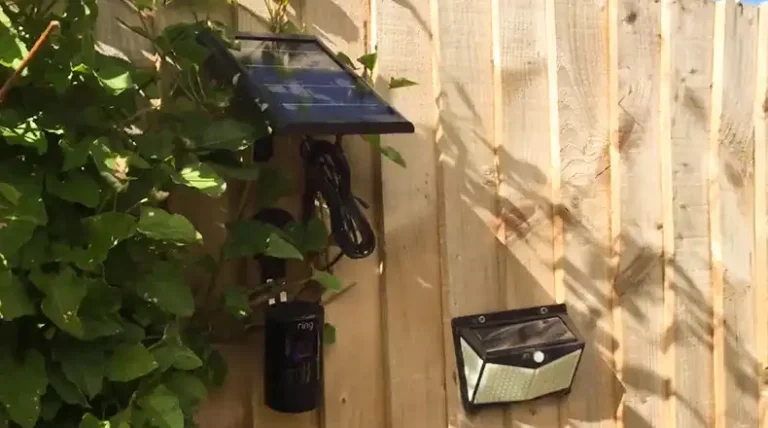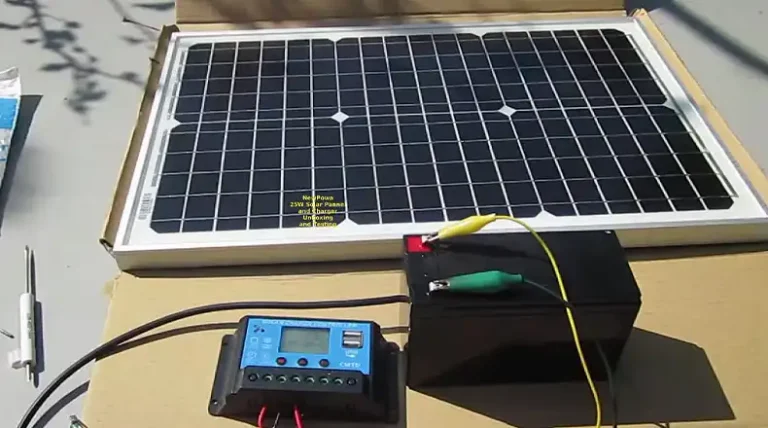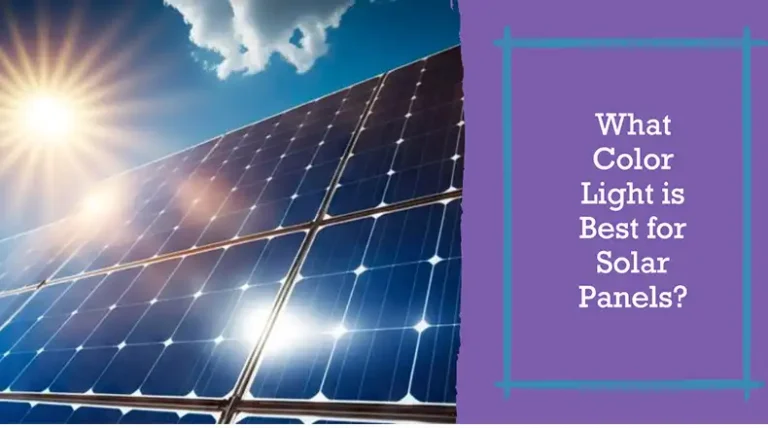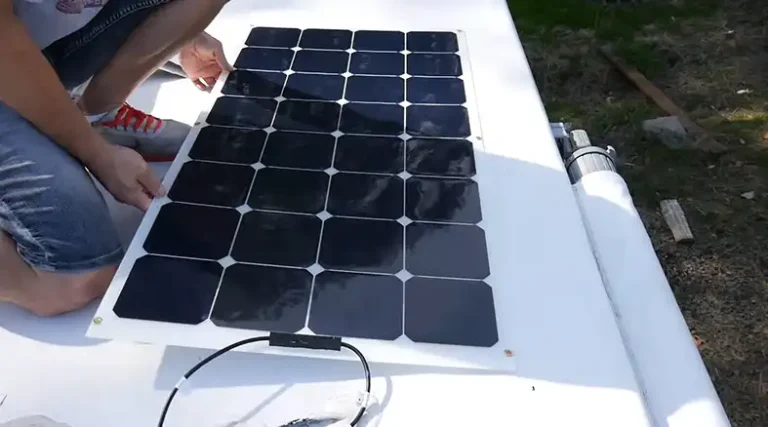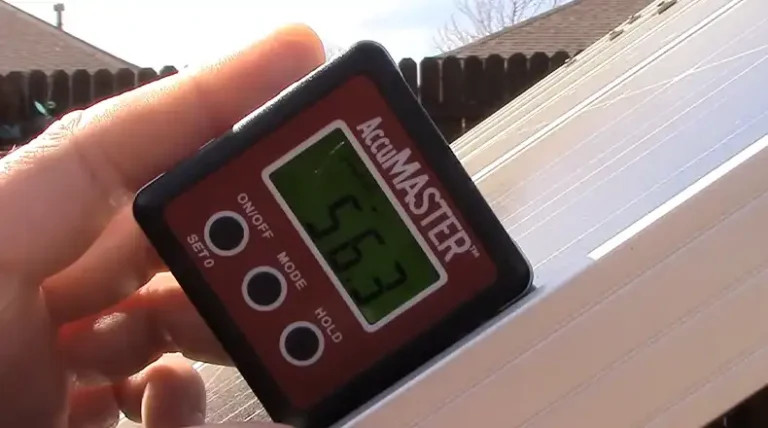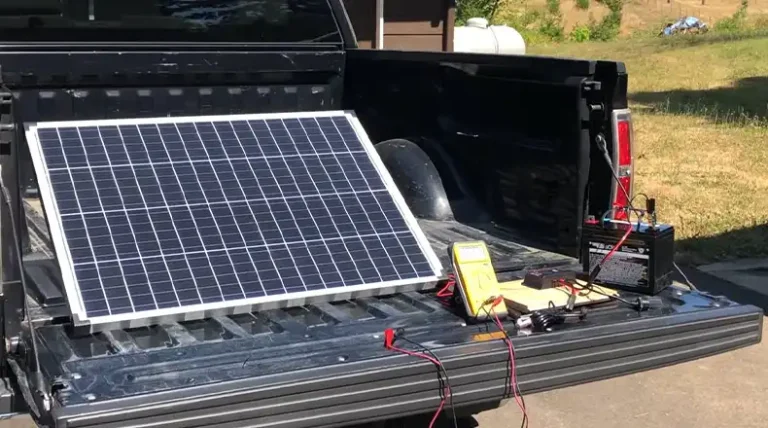Do Solar Panels Use UV Light? Proper Explanation for You
Solar panels usually convert visible light from the sun into electricity via a process called the photovoltaic effect. One crucial aspect of the photovoltaic effect is that you will need a visible light spectrum for it. This doesn’t include much UV or ultraviolet light.
But wouldn’t it be great if solar panels could use UV lights? That way, they could produce electricity even in the cloudiest of days. So, do solar panels use UV light? Well, the answer is yes, solar panels usually use a little bit of ultraviolet light that hits them, but it’s not much.
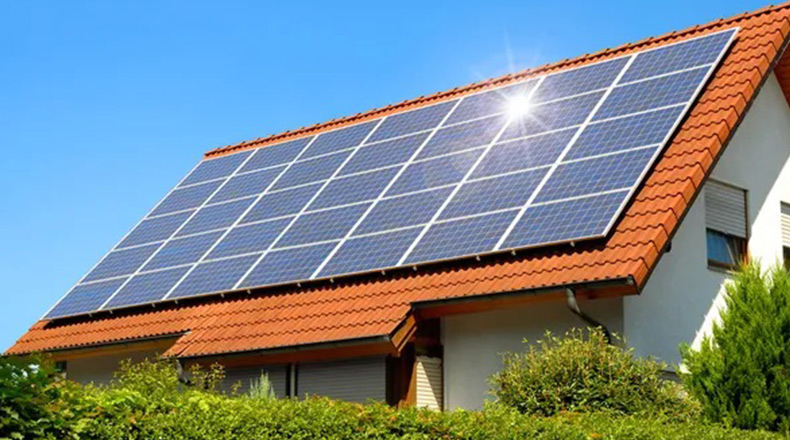
Can Solar Panels Really Use UV Light?
While solar panels are most efficient at converting visible light, they can also absorb some UV light and convert it into electricity. This helps enhance the overall efficiency of the solar panel, especially in regions with high UV radiation, such as at higher altitudes or in areas closer to the equator.
However, it’s worth mentioning that advancements in solar cell technology continue to improve the efficiency of converting a broader range of light wavelengths, including UV, into electricity, which can contribute to the overall energy output of a solar panel.
So, as you can see, even though solar panels can use UV lights, they aren’t designed to do so primarily. It’s not very efficient either, as long as there’s sunlight present.
Why Using UV Light isn’t Very Practical?
UV light, which we can’t see, is a part of sunlight that reaches the Earth. About 4% of sunlight is UV light, and solar panels change this light into energy. UV light has more energy in each part than light we can see. However, because only a small bit of sunlight is UV light, it’s not as good for making energy as visible light.
The technology already exists. Japan has already made see-through solar panels that might use UV light for energy. These panels could replace windows and make energy. They change 16% of UV light into energy like regular panels change visible light. But UV panels get less light to start with (4% compared to 43%).
Because there’s a lot more visible light than UV light from the Sun, and even though UV light has more energy, it’s not practical to use UV for energy when we have visible light. However, solar panels that change UV light and other types of light into energy could be useful for the solar industry. Some panels that use visible light could also go in windows, but the UV window panels have the extra advantage of staying cool.
Frequently Asked Questions and Answers
Do solar panels need UV light to work?
Most solar panels can only use visible light, but research is exploring the possibility of harnessing UV and infrared light. However, such panels aren’t commercially available yet.
Do solar panels absorb heat or UV?
Solar panels are photovoltaic cells, meaning they convert light into electricity, not heat. So even though they receive both heat and light from the sunlight when exposed, solar panels only want to absorb light in order to produce electricity. In fact, when it absorbs too much heat from the sunlight, solar panels become less efficient.
Final Thoughts
Even though solar panels can use some of the UV lights that reflect on them, it is not a very efficient way to convert sunlight into electricity. Moreover, there isn’t much UV light in regular sunlight to begin with. However, for certain situations, building types, and locations with specific weather conditions, it can be a viable option. Scientists have already invented solar panels that can use UV lights to their fullest potential and they will soon be commercially available.

